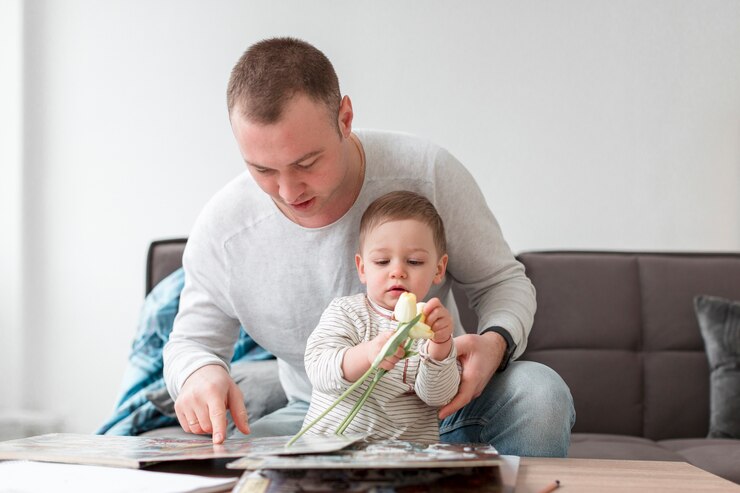Social development plays a crucial role in the overall growth and well-being of toddlers. During their early years, children learn and develop important social skills that lay the foundation for their future interactions and relationships. In South Africa, where cultural diversity and community values are highly valued, fostering social development in toddlers becomes even more significant. One of the most effective ways to support this development is through play and interactive experiences.
Play is the natural language of children, and it provides a safe and enjoyable environment for toddlers to explore, learn, and develop social skills. Through play, toddlers engage in activities that promote interaction, cooperation, and communication. It allows them to understand social norms, develop empathy, and enhance their emotional intelligence. Moreover, play provides opportunities for problem-solving, negotiation, and conflict resolution, all of which are vital skills for social development.
In South Africa, where various cultural backgrounds coexist, play can also serve as a bridge between different communities. When children from diverse backgrounds come together to play, they learn to appreciate and respect each other’s differences, fostering a sense of unity and harmony. This early exposure to diversity promotes cultural acceptance, empathy, and open-mindedness, which are essential values in building a cohesive society.
To support social development through play and interaction, there are several strategies that parents, caregivers, and educators can employ:
- Create a conducive play environment: Ensure that toddlers have access to safe and age-appropriate toys, games, and materials that encourage interactive play. Provide a variety of toys that promote sharing, turn-taking, and collaboration.
- Encourage cooperative play: Engage toddlers in group activities that require cooperation and collaboration. Encourage them to work together on puzzles, building blocks, or pretend play scenarios that involve multiple roles and responsibilities.
- Foster communication and language skills: Engage in conversations with toddlers, using simple and clear language. Encourage them to express their thoughts, feelings, and needs. Model effective communication by actively listening and responding to their cues.
- Organize playdates and social gatherings: Arrange playdates with other toddlers from diverse backgrounds. This provides an opportunity for social interaction and exposes children to different cultures, languages, and perspectives.
- Teach empathy and emotional intelligence: Help toddlers identify and express their emotions appropriately. Encourage them to recognize and respond to the feelings of others. Through storytelling, role-playing, and discussing emotions, toddlers can develop empathy and understand the importance of kindness and compassion.
- Be a positive role model: Toddlers learn by observing and imitating adults. Model positive social behaviors, such as sharing, taking turns, and showing respect for others. Demonstrate problem-solving skills and conflict resolution strategies.
- Provide guidance and supervision: While it is important to encourage independent play, toddlers still require guidance and supervision. Intervene when conflicts arise and provide guidance on appropriate behavior. Offer praise and positive reinforcement when toddlers display positive social skills.
By prioritizing play and interactive experiences, South African toddlers can develop essential social skills that will benefit them throughout their lives. Play not only promotes social development but also enhances cognitive, emotional, and physical growth. It is through play that children build friendships, develop a sense of belonging, and learn to navigate the complexities of human interactions.
In conclusion, supporting social development in South African toddlers is a vital step in nurturing well-rounded individuals and building a harmonious society. By incorporating play and interactive experiences into their daily lives, parents, caregivers, and educators can create an environment that fosters social skills, cultural acceptance, and empathy. Let us embrace the power of play and interaction to lay the foundation for a brighter and more inclusive future for our toddlers.










